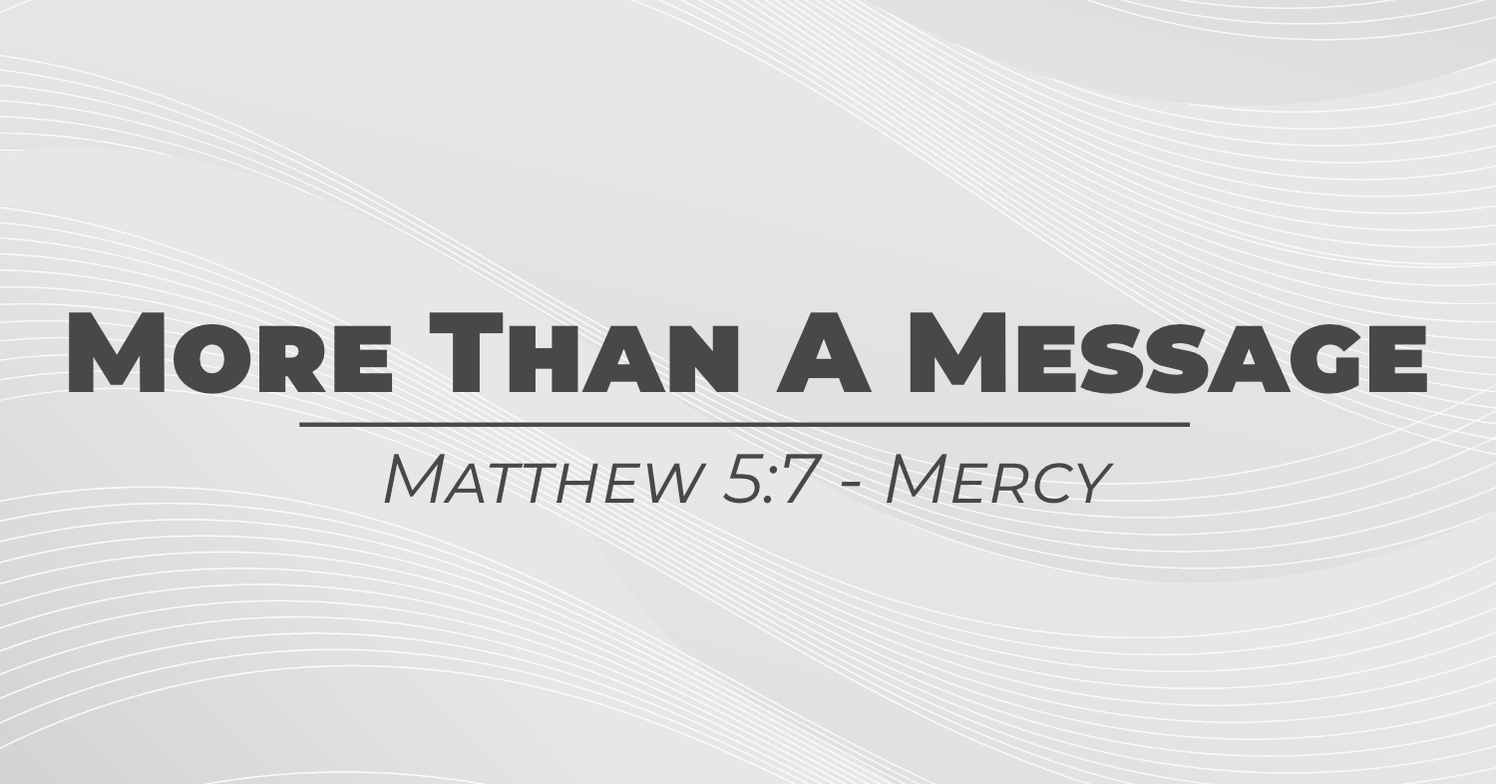
Mercy isn’t just a moment of compassion — it’s the way of a full life.
In Sunday’s message, we explored how mercy breaks the chains of bitterness, fills the hollow places of the heart, and opens us to the freedom and joy of God’s grace.
Mercy doesn’t happen by accident. It grows through reflection, gratitude, and surrender — and Jesus promises that those who live this way “will be shown mercy.”
“When you choose mercy over resentment, you break a link in the chain that was keeping you connected to the person who wronged you.”
— From Sunday’s message
1. What Does “Full” Really Mean?
Read Ecclesiastes 2:10–11 and Matthew 5:7.
How do these verses contrast the world’s version of a “full life” with Jesus’ promise of fullness through mercy?
Where do you find yourself chasing satisfaction apart from God?
2. Mercy Misunderstood
Read Matthew 18:21–35.
Why is it often easier to receive mercy than to show it?
Have you ever feared that showing mercy meant letting someone “get away with it”?
How does this fear affect your willingness to forgive?
3. Breaking the Chains
Curtis reminded us that mercy frees us from being chained to those who’ve hurt us.
What does that image mean for you personally?
What chains — resentment, judgment, bitterness — might still need breaking in your heart?
4. Practicing Mercy
Mercy grows through intentional practice. Review the six ways to cultivate it:
-
Examine where your heart hardens.
-
Remember the mercy you’ve received.
-
Practice curiosity before criticism.
-
Loosen your grip on fairness.
- Make mercy a reflex, not a reward.
-
Anchor your mercy in prayer.
Which feels most natural for you? Which feels most challenging?
What’s one small act of mercy you can show this week?
5. Mercy and Justice
Read Psalm 85:10.
How do mercy and justice work together in God’s character?
What would it look like for you to pursue both truth and compassion in your relationships this week?

